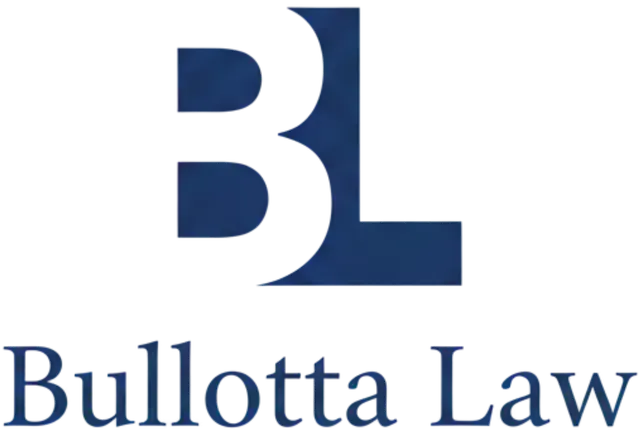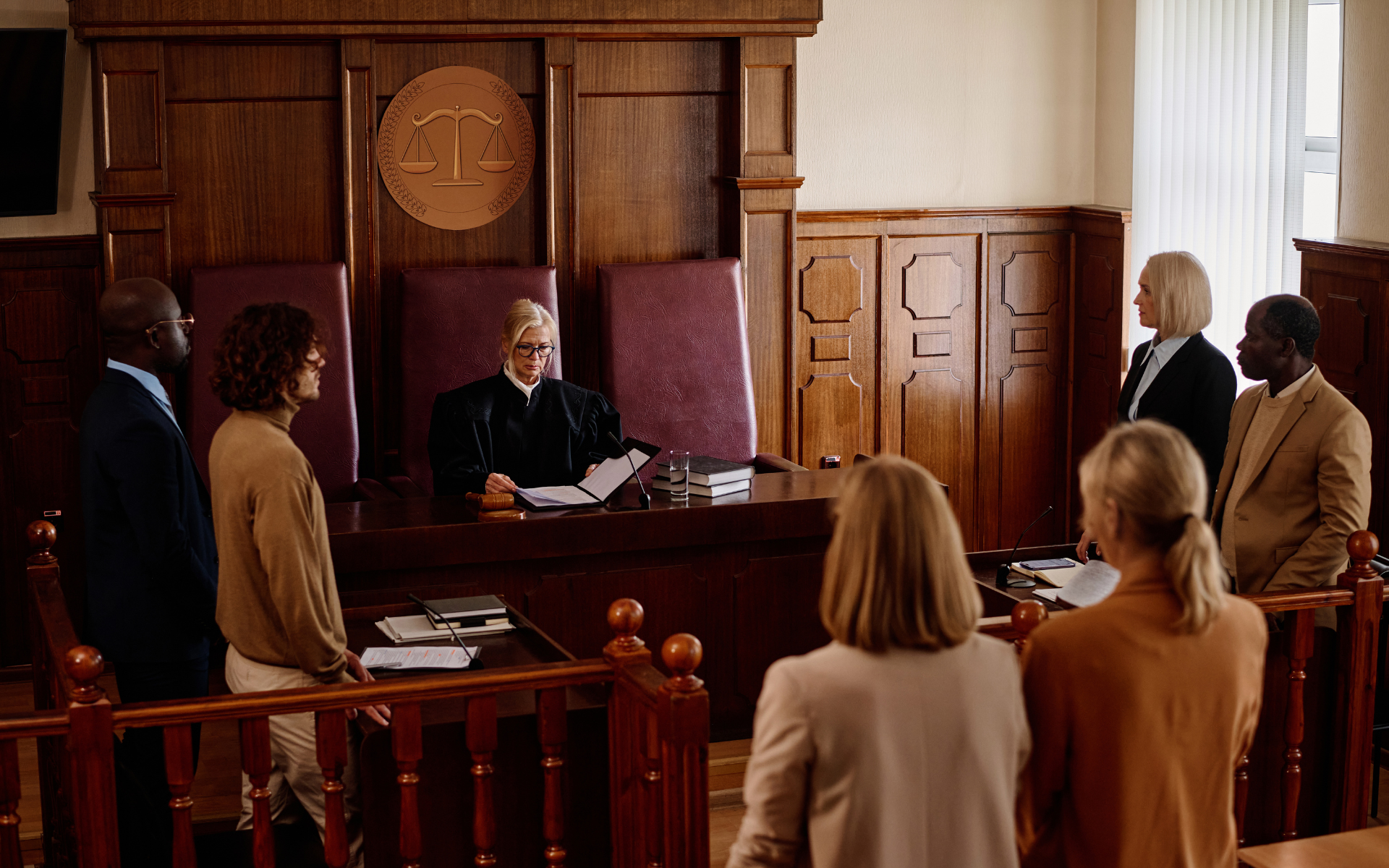Grand Jury
The Federal Grand Jury
What should you do if you are Subpoenaed to testify at a federal Grand Jury?
First, you should take the grand jury subpoena very seriously. With a federal grand jury subpoena, federal prosecutors, through the federal grand jury, are commanding you to appear to give testimony, provide physical evidence (like documents) or both.
Because everything you say at the grand jury is under oath and can be used against you, it is very important to have counsel accompany you who is familiar with the federal grand jury process. While your attorney cannot be inside the grand jury room with you when you testify, he or she will be permitted to wait outside the grand jury room and you can ask the grand jury foreperson for a break at any time during your testimony to consult with your attorney in private.
Another reason that you should speak to an attorney before appearing before a federal grand jury is because you may need to assert your Fifth Amendment right to remain silent. You always retain the Constitutional right to not answer questions if your answer has the potential to incriminate you (show you are guilty of a crime). Talking to an experienced federal criminal attorney is essential to both explain when you should assert your Fifth Amendment right as well as when you should obtain immunity for your testimony.
Do you need Immunity at the Grand Jury?
Another reason to retain an attorney when you are subpoenaed to testify at the grand jury is that you may need to obtain a grant of immunity from federal prosecutors. If your testimony could incriminate you, your attorney should consider asking the government for a grant of immunity, protecting your testimony from being used against you. There are two kinds of immunity that are most commonly granted by federal prosecutors. One is called “Use Immunity.” This is a basic level of immunity that prevents the federal government (or any state law enforcement entity) from using your statements against you. However, it is often wise to obtain a greater level of immunity known as “Derivative Use Immunity.” This form of immunity means that, not only can’t the government use your statements against you, but it is also prohibited from using your statements to find other evidence which they would otherwise be able to use to prosecute you.
Note that you cannot be forced to give testimony that will incriminate you (show you are guilty of a crime). The only exception to that is if the government provides you both use and derivative use immunity under federal law. If the government does that, a federal judge will order you to testify even if your testimony would incriminate you. If you refuse to testify after the judge orders you to do so, you can be jailed for contempt of court, which can mean that you stay in jail until you testify in compliance with the grand jury subpoena.
What is a federal Grand Jury?
In federal cases, before you ever get to trial, a federal Grand Jury has to authorize the charges. A federal Grand Jury is made of up 23 people from the community and has a different task than a trial jury, which determines guilt or innocence. The grand jury’s job is to decide whether a federal case is strong enough to warrant the bringing of charges, which is called an Indictment. The grand jury’s standard of proof for whether to issue an indictment is very low. It only requires a showing of “probable cause,” which means a “reasonable likelihood” that a federal crime was committed and that the defendant committed that crime. Because of the low standard of proof required, Indictments are rather easy to obtain, which prompted the famous saying by New York appellate Judge Sol Wachtler, “a grand jury would indict a ham sandwich.” This is a true statement meaning that a federal prosecutor can get the federal grand jury to charge in just about any case.
Under the U.S. Constitution, every citizen has a right to be indicted by a federal grand jury before they can be charged with any federal crime that constitutes a felony. That right is contained in the Fifth Amendment.
What Happens at a Grand Jury?
In addition to simply deciding whether or not to issue an indictment, a federal grand jury also listens to witnesses testify and issues subpoenas for witnesses and documents. Only the federal prosecutor, the witness and a court stenographer are permitted to be in the grand jury room with the grand jury.
Is what happens at a Grand Jury a secret?
Generally, grand jury proceedings are secret and protected from disclosure under federal law. That means that if you testify at the grand jury, what you say will usually never be brought to public light. However, if an indictment is authorized, transcripts from your testimony will be provided to the defendant and his counsel for use in that particular case. It is a federal crime for a prosecutor, a member of the grand jury, or the stenographer at a grand jury to disclose the substance of what occurred at the grand jury, except under specific exceptions. However, a major loop hole in the secrecy is the witnesses themselves, who have no requirement of secrecy. So if you are a witness in the grand jury, you are not prohibited from discussing your testimony or anything you observed at the grand jury. That is why, for instance, during the lengthy grand jury proceedings leading to the indictment of former Detroit Mayor Kilpatrick, there were members of the press waiting to question witnesses after their testimony on grand jury days.



